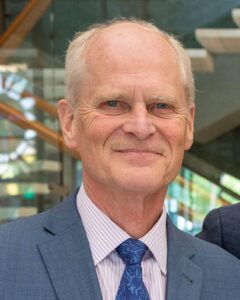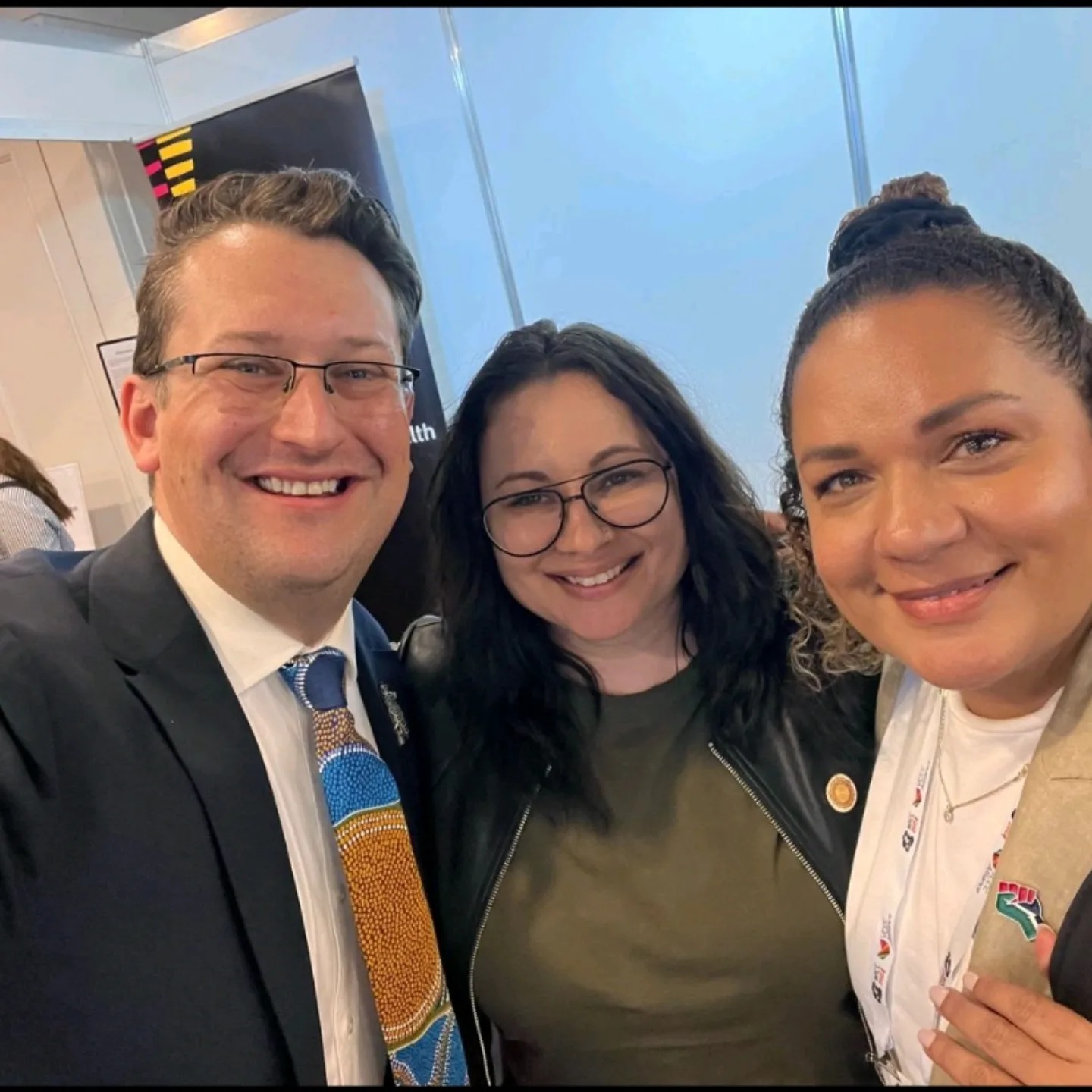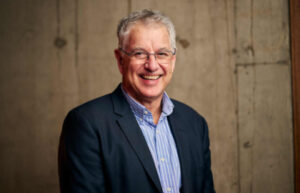
Professor Smith earns lifetime recognition award

Professor Russell Smith, criminology expert from the College of Business, Government and Law, recently earned the Gilbert Geis Lifetime Achievement Award 2023 from the American Society of Criminology. The award recognised his sustained and outstanding contribution to understanding the nature and extent of white collar crime during a 50 year professional and academic career.
His experience as a lawyer provided insight into the risks and opportunities that arise for lawyers working in private practice, while his two decades working for the Australian government has helped inform more than 200 authored or co-authored publications and as many conference presentations.
Professor Smith’s research has been instrumental in enhancing our understanding of not only cybercrime and fraud but also identity crime, corruption in the public sector, quantification of the cost of crime and critical examination of ‘solutions’ to white collar crime and fraud such as biometrics, data security measures and anti-money laundering policies.
Professor Smith continues to be in demand as a speaker on criminology issues, having this week delivered a talk about online fraud to the Royal Society in Tasmania (also featuring on Hobart ABC) and has published a new history book about the Australian Institute of Criminology.
Indigenous cancer conference success

Congratulations to Professor Kalinda Griffiths from Poche SA+NT at Flinders University for successfully convening the World Indigenous Cancer Conference 2024 in Melbourne/Naarn last week. The event brought together elite researchers and policy makers from around the world and highlighted significance of tackling inequity in cancer care for indigenous peoples across the globe.
Insight on NHMRC target interests
Flinders Alumnus Professor Steve Wesselingh – current CEO of the NHMRC and previously head of SAHMRI – recently presented a fascinating podcast on “Vaccines, funding reforms and improving equity in medical research”.

Professor Wesselingh spoke with interviewer Robert Klupacs about his journey to become one of the world’s leading HIV researchers; his experiences in the US and Papua New Guinea; outlining funding opportunities that could help Australia improve med tech or clinical outcomes; and explaining his priorities as CEO of the NHMRC over the next 24 months and beyond, including government strategy input, and working more closely with the Australian Centre for Disease Control.
The conversation is part of the Med Tech Talks series presented by the Bionics Institute, and you can hear it by clicking this link.
Major Flinders input to global fertility study
Seven Flinders researchers have been part of a national 50+ researcher cohort for an international study on human birthrates. The research – “World Population To Decline Rapidly By 2100 Due To Falling Fertility Rates“, published in the Lancet Journal – sheds light on the rapidly declining fertility rate worldwide. The Flinders contributions were made by Health Care Management Department, CBGL (Dr M Balasubramanian), Flinders Health and Medical Research Institute (Dr N Bulamu), Population Health Department (Dr T Gebremeskel), College of Medicine and Public Health (Dr B Kaambwa and Dr G Naik), Health and Social Care Economics Group (Dr C Mpundu-Kaambwa) and Department of Nursing and Health Sciences (Dr S Shorofi).
Accurate fertility assessments are vital for planning policies amidst social, economic, and health challenges. The GBD 2021 study offers in-depth demographic assessments and projections of fertility indicators worldwide, to help policymakers navigate the effects of demographic shifts on global social, economic and health systems.
Emerging STEM leader
The Australian Academy of Technological Sciences and Engineering has announced Flinders University’s Emma Kuhn (environmental health lecturer from the College of Science and Engineering) among the inaugural 15 members of its Emerging Leaders Network. These STEM leaders have been selected to work alongside esteemed scholars and industry leaders to develop their leadership, policy and advocacy skills through contribute to ATSE’s Policy Forums, and will also be assigned an ATSE Fellow as their mentor.

